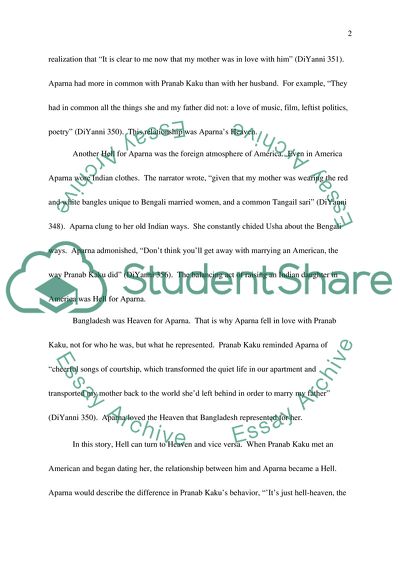Cite this document
(“Hell-Heaven Essay Example | Topics and Well Written Essays - 1000 words”, n.d.)
Retrieved from https://studentshare.org/miscellaneous/1538199-hell-heaven
Retrieved from https://studentshare.org/miscellaneous/1538199-hell-heaven
(Hell-Heaven Essay Example | Topics and Well Written Essays - 1000 Words)
https://studentshare.org/miscellaneous/1538199-hell-heaven.
https://studentshare.org/miscellaneous/1538199-hell-heaven.
“Hell-Heaven Essay Example | Topics and Well Written Essays - 1000 Words”, n.d. https://studentshare.org/miscellaneous/1538199-hell-heaven.


